People ask: “is venison gamey?”. Some people call deer meat “gamey” but a swift kill, solid field dressing, chilling the meat quickly, good processing, and the right recipes make a world of difference.
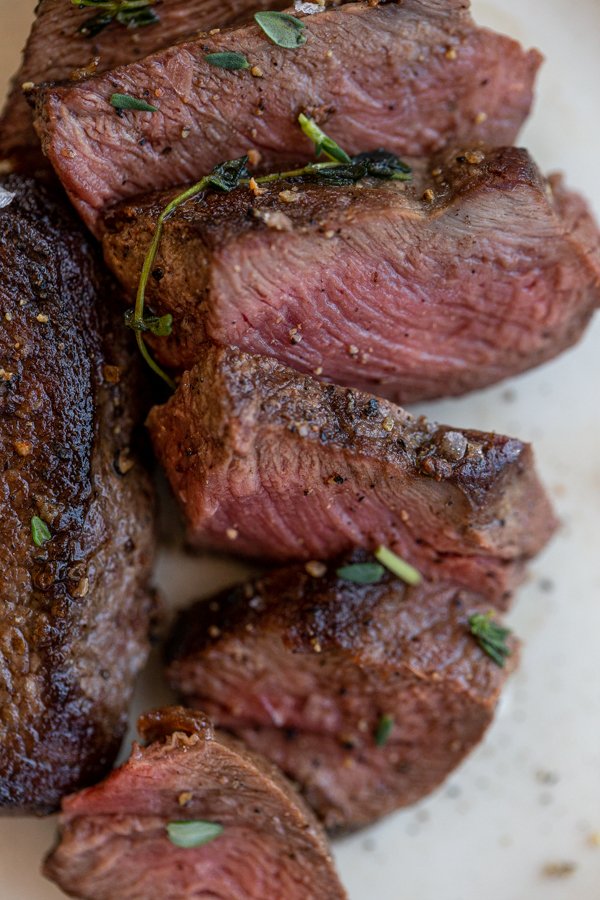
Gamey is a controversial term people use to describe the taste of deer and some wild game meats. While it has a different definition for everyone, it is important to mention that gamey does not refer to rancid or spoiled meat. No meat should be downright offensive in smell or taste. But, is venison gamey? Let’s talk about it.
Hunting is a huge commitment and responsibility so it’s important to be confident in your ability to efficiently and humanely kill an animal. Additionally, skill is needed to field dress and process an animal appropriately. Those are the first areas to focus on when thinking about consuming an animal.
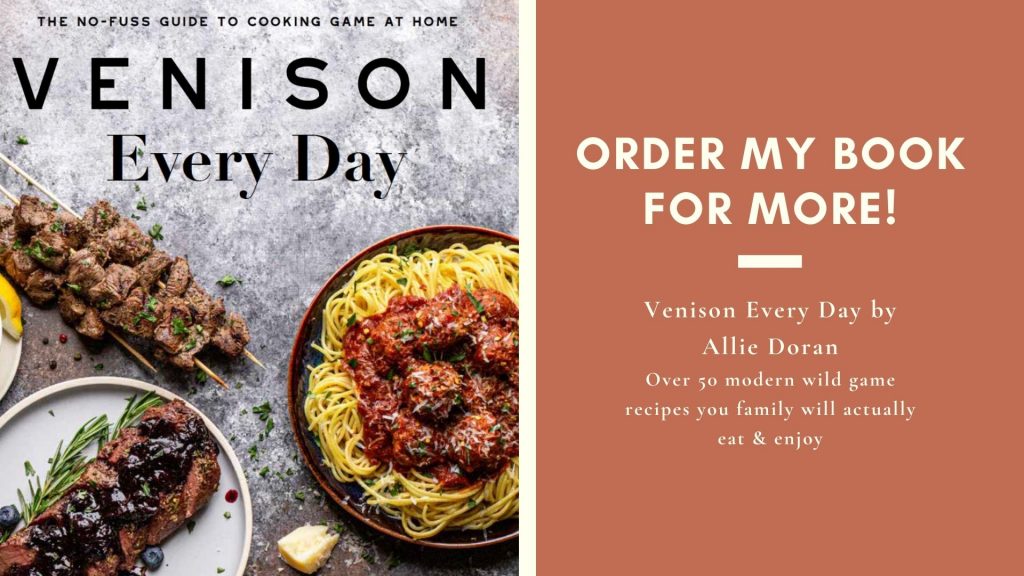
If you need help finding new recipes you actually LIKE to eat, click here to grab a copy of my bestselling cookbook, Venison Every Day.
What does venison taste like? Is it gamey?
To me, venison is some of the tastiest meat on the planet. When I refer to venison I am including deer, elk, antelope, and moose. In our family, we consume mostly mature whitetail deer from the Northeastern United States.
The taste is robust and strong but with clean almost “grassy” notes. It pairs wonderfully with other flavors like berries, peppercorns, garlic, woodsmoke, apples, mushrooms, bacon, and cinnamon.
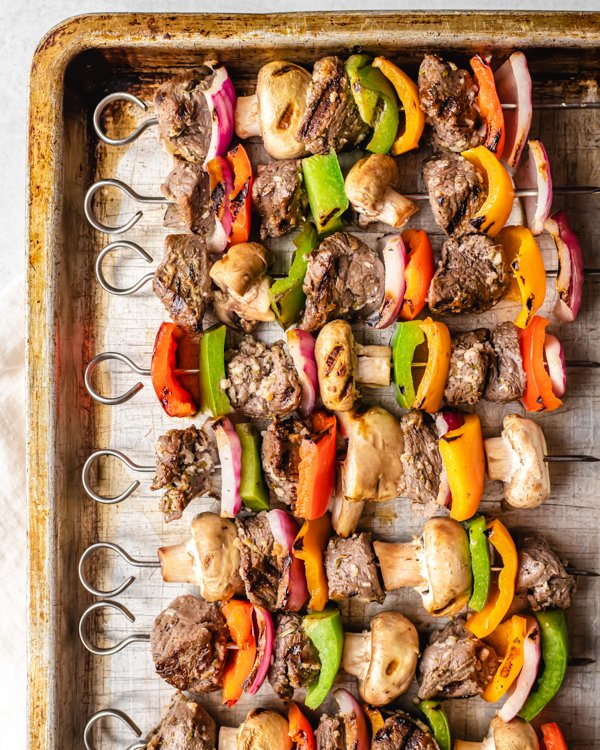
Does deer taste like beef?
Venison IS red meat like beef so there are some similarities in the flavor profile. However, I think a lot of people are disappointed when they cook venison like beef because while there are similarities venison has a lower fat content, lives in a “wild” setting, and is a different species of animal. So no, it doesn’t taste like beef and you shouldn’t cook it like beef. For tips on how to cook venison better, check out this post.
Why does wild game taste “gamey”?
A lot of the reference to the term “gamey” comes from the simple fact that venison and wild game taste different than commercially available meats. If you’re like me and you were raised eating mainly beef, pork and chicken…deer, wild pig, pheasant, etc. are all going to taste very different than what you’re used to.
Wild animals taste wild because they are wild animals. Period. They consume wild living organisms to survive, they have free-range lifestyles, and withstand the elements of nature. This is a different life than even pasture-raised and finished animals have.
For some, a love of eating wild game is learned. As I said, I was not raised eating wild meats but now I feel physically ill when I eat low-quality, commercially available meat. I would rather eat plant-based than rely solely on a grocery store for protein.
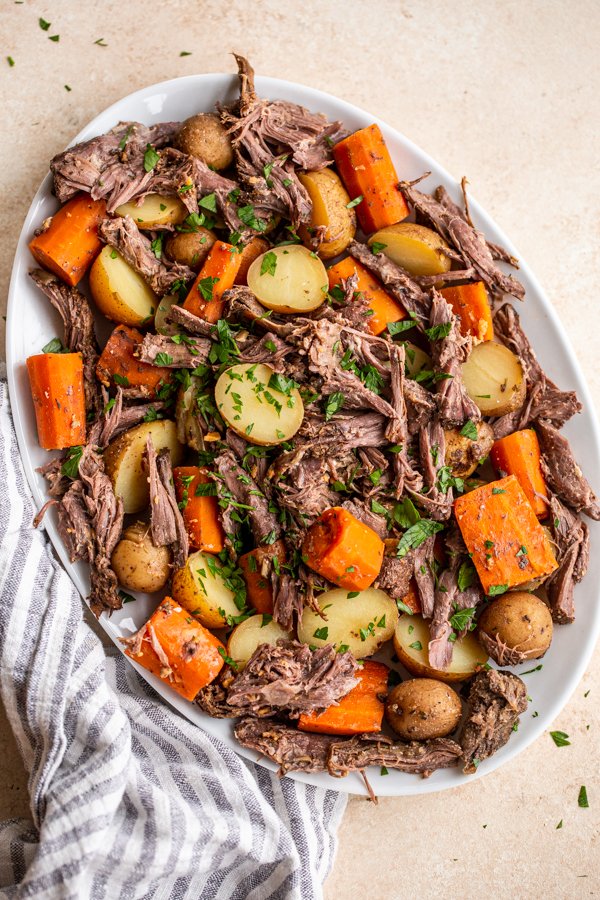
Reasons your meat may taste “gamey”
Besides an error in kill, inexperience when field dressing, and poor processing the following factors can have an impact on the flavor of the meat:
- Environment/diet – does the animal have access to food plots/corn or do they reside in the mountains relying on acorns, wild plants and other available food sources. Also, what is the activity level required to live?
- Fat – most of the strong or different smells of wild game come from the fat. However, the diet affects fat content so this sort of ties into point 1. Many people choose to remove all fat from their animals to remove those fat-soluble aromas
- Age – just like other animals young, tender animals will be more palatable. However, in our family, my husband chooses to hunt mainly mature, male animals at the end of their life and I can show you some cooking tricks to make those older bucks extremely palatable
- Hormones – a buck harvested during peak rut or an animal with a lot of adrenaline present will taste strong
- Cooling – it’s important to get an animal cold after a kill as soon as possible
- Hanging/aging – we typically choose to hang our animal skin off for 1-2 weeks after field dressing in a cool environment. Some hang for longer and sear by the dry-aging process
- Cooking – the best meat can be ruined in the kitchen. You need recipes formulated for venison and the appropriate skills. Grab a copy of my cookbook, Venison Every Day, and I can teach you!
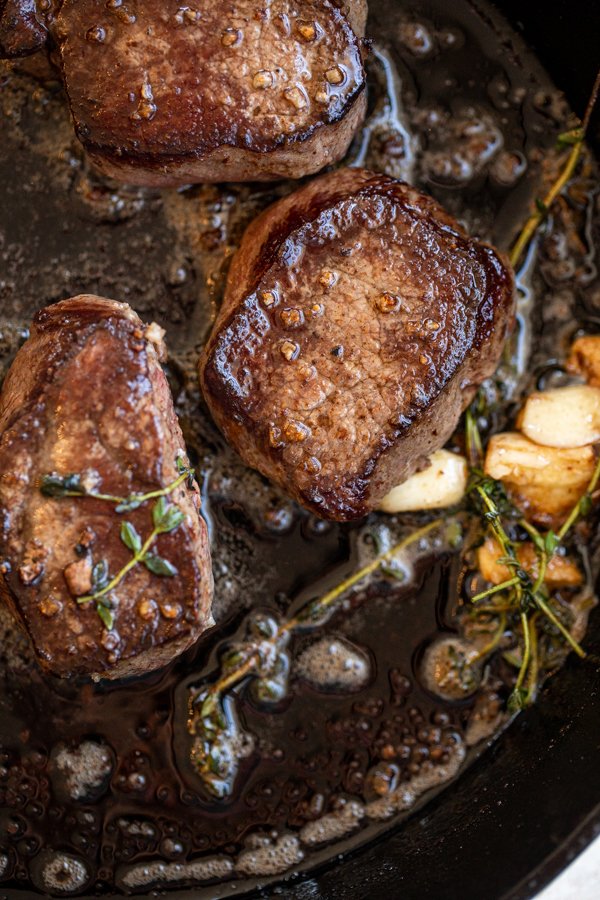
What takes the game taste out of venison?
If you have a more pungent animal to work with due to some of the circumstances above, my number one tip is to follow recipes created for wild game. Use the recipes at MissAlliesKitchen.com or buy my book, Venison Every Day.
Some things to keep in mind:
- add acid – I was skeptical at first but soaking venison in buttermilk is actually a great trick for tough, powerfully flavored meat. Vinegars and citrus are your BFFs
- absorb liquid before cooking – thaw meat on a paper towel to absorb myoglobin (looks like blood)
- don’t overcook steak cuts – cook to medium-rare at the most. I like rare plus
- cook large/tough low and slow – braise roasts, shanks, stew meat and cook lower and longer until meat falls apart
What to make if you don’t like the taste of venison
Venison Tacos
How to Cook Venison Chops
Venison Egg Roll In A Bowl
Slow Cooker Venison Stew
The Best Venison Roast
Venison Pasta Bake
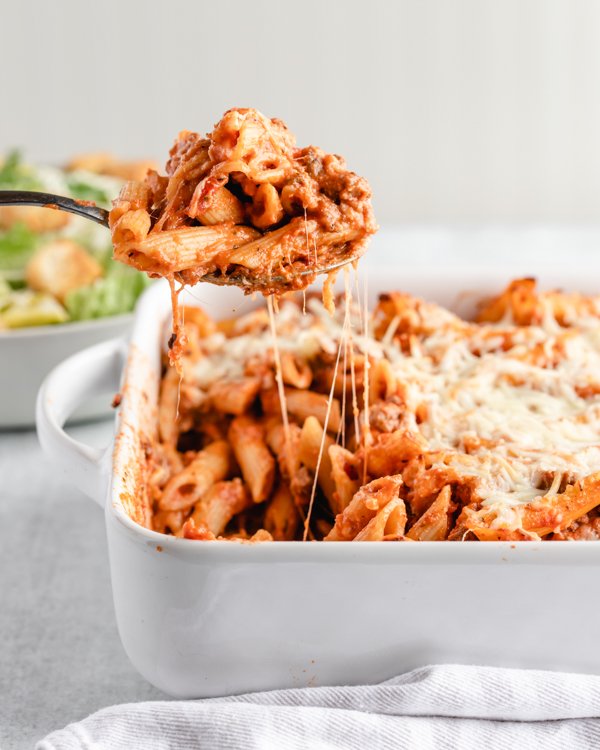
Grab a copy of my bestselling cookbook, Venison Every Day, for even MORE wild game recipes and all of my tips and tricks
I hope this helped you find out – is venison gamey? If you need more cooking help or resources, Send me a DM on Instagram!















































